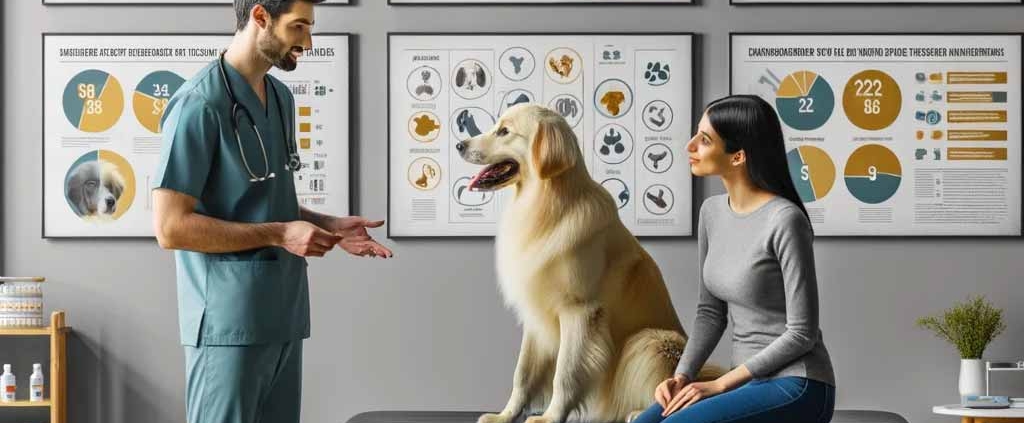The Unseen Benefits: How Regular Vet Check-ups and Vaccinations Influence Behavior and Training
Owning a pet, particularly a dog or cat, is a joyous journey filled with cuddles, playtimes, and unconditional love. However, being a responsible pet owner goes beyond the daily feedings and occasional walks. Regular visits to the veterinarian and ensuring timely vaccinations play a pivotal role, not just in maintaining their health but also in their behavior and training. Let’s delve deeper into the often overlooked benefits of these regular check-ups and shots:
- A Healthy Pet is a Happy Pet: The most apparent advantage of regular vet visits is to ascertain the overall health of your pet. When pets feel good physically, they are more responsive, alert, and eager to engage, making training sessions more productive.
- Early Detection Leads to Early Intervention: Regular check-ups can detect issues before they become severe. For instance, dental problems, if untreated, can lead to pain, making your pet irritable or aggressive. Identifying and treating such issues can prevent unwanted behavioral changes.
- Protection from Contagious Diseases: Vaccinations protect pets from a host of contagious diseases. An unvaccinated pet exposed to such ailments can become lethargic and unresponsive. Their training can take a backseat, and behavior can become unpredictable.
- Reduced Risk of Chronic Conditions: Some conditions, like arthritis, can develop over time and influence your pet’s behavior. Regular vet visits can recommend preventive measures or early treatments, ensuring that chronic conditions don’t impede training or lead to behavioral issues.
- Behavioral Counseling: Veterinarians aren’t just there for physical health; they’re also trained to recognize and advise on behavioral issues. Regular interactions can provide insights into any behavioral changes, and vets can offer guidance or recommend professional trainers.
- Stress Management: Just like humans, pets can experience stress, anxiety, or depression, which can dramatically affect their behavior. Regular check-ups can help identify the signs early on, allowing for timely interventions such as changes in environment, diet, or even medication if needed.
- Improved Socialization: Vaccinations allow pets to safely interact with other animals, whether it’s in a park, training class, or pet boarding. These interactions are crucial for their social development, teaching them essential behaviors like sharing, playing, and co-existing.
- Peace of Mind: Knowing that your pet is protected from various diseases gives you the confidence to expose them to different environments and stimuli, which is essential for comprehensive training.
- Strengthening the Pet-Owner Bond: Regular vet visits signify care, and while your pet might not enjoy the clinic, the overall attention to their well-being strengthens the bond. A trusted bond makes behavioral training more effective, as pets are more likely to listen and respond to someone they trust.
In conclusion, regular vet check-ups and timely vaccinations play a multifaceted role in a pet’s life. While the direct health benefits are undeniable, the indirect influence on behavior and training is profound. As pet owners, it’s our responsibility to ensure our furry companions receive the best care, not just for their health but for a balanced and harmonious life.




Leave a Reply
Want to join the discussion?Feel free to contribute!